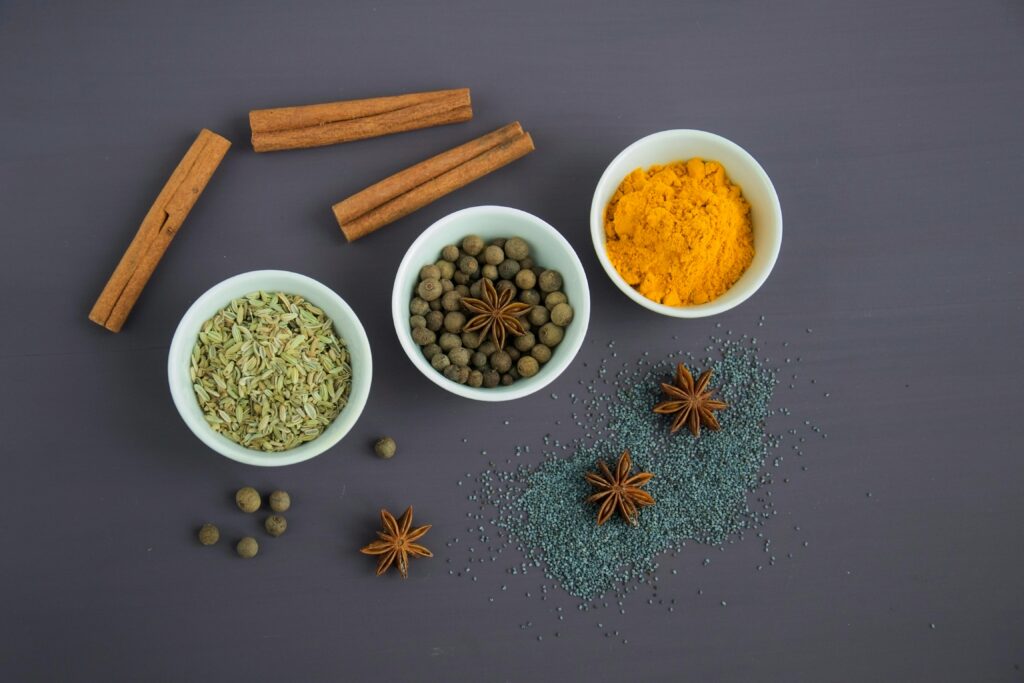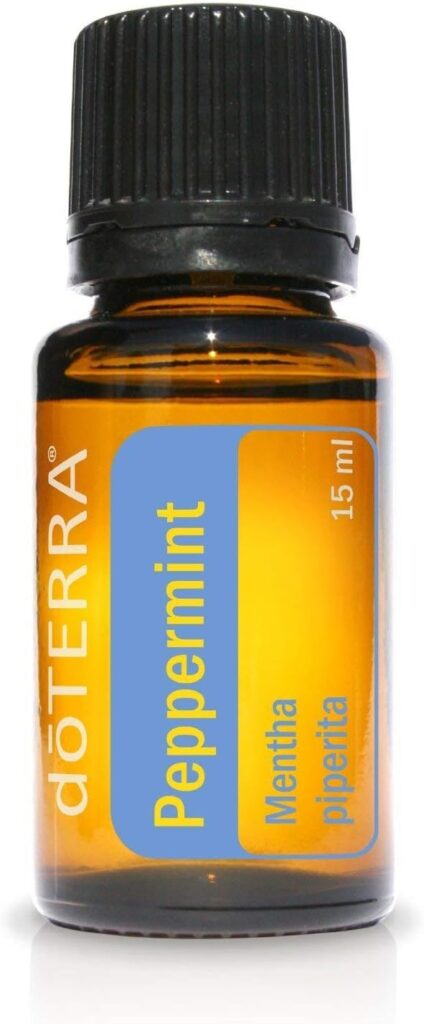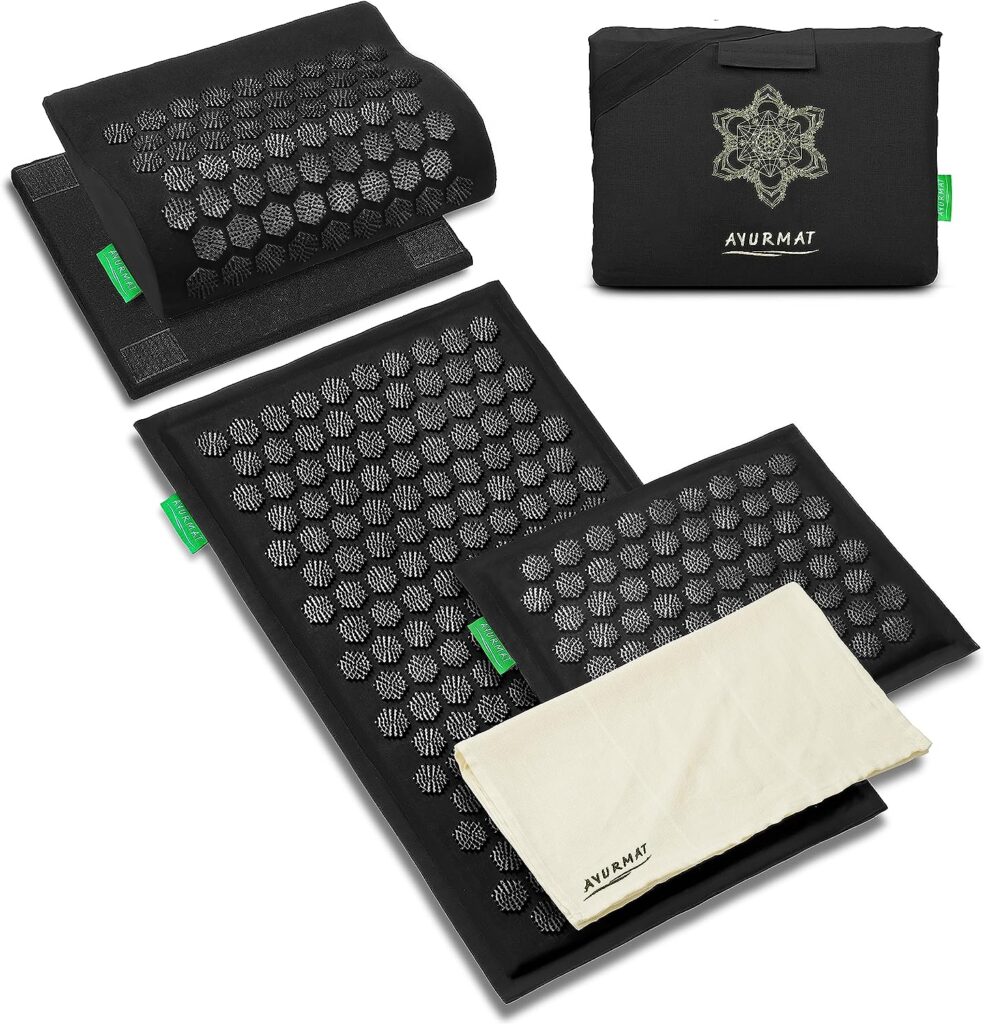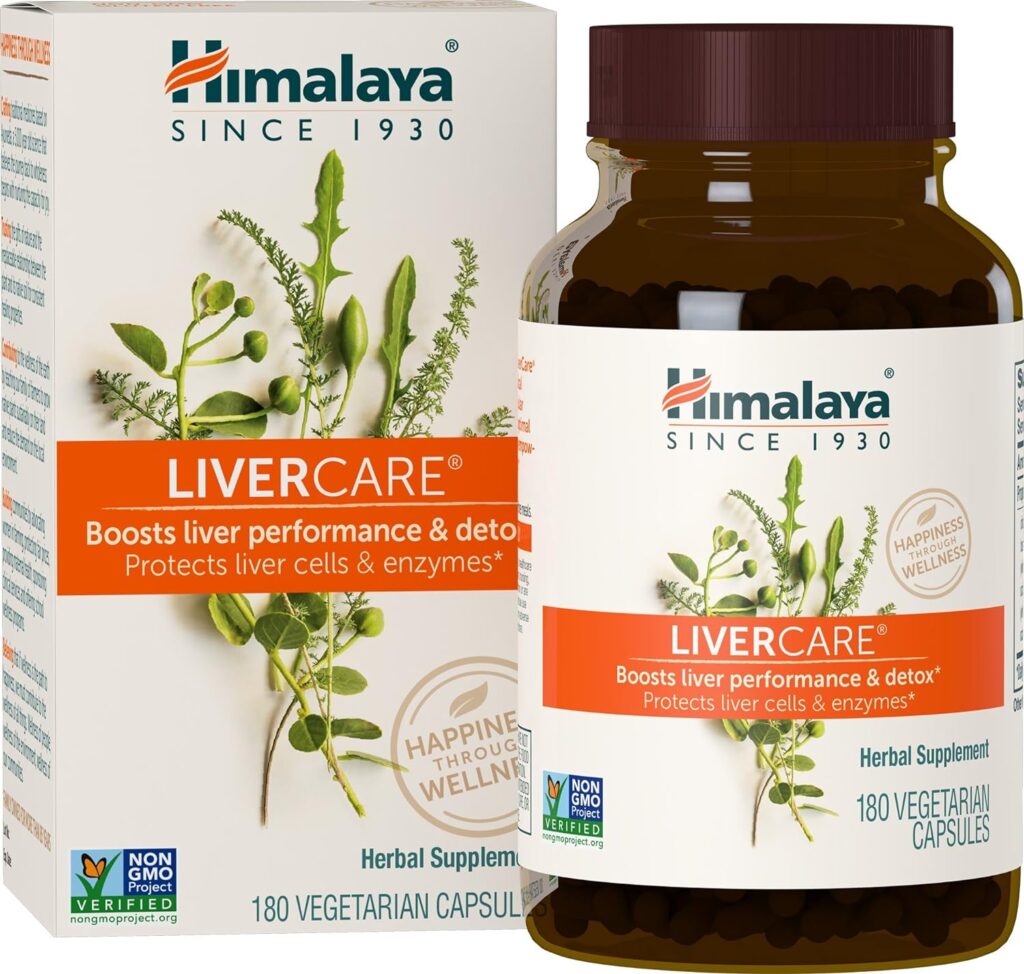
Alternative medicine encompasses a wide range of healing practices that fall outside the scope of conventional Western medicine. These practices often emphasize natural and holistic approaches to health and wellness, aiming to treat the whole person—mind, body, and spirit. From ancient traditions to modern techniques, alternative medicine offers a diverse array of methods to improve health and well-being.
In recent years, alternative medicine has gained popularity as people seek natural and holistic solutions to their health concerns. Many are turning to alternative therapies to complement conventional treatments, enhance their overall well-being, and address chronic health issues. This blog series will introduce you to various alternative medicine practices and provide practical insights to help you integrate these methods into your life.
Differences Between Alternative, Complementary, and Conventional Medicine
Understanding the distinctions between alternative, complementary, and conventional medicine is essential to grasp the full scope of healthcare options available.
Alternative Medicine refers to treatments used instead of conventional medicine. These therapies often focus on natural and holistic approaches. Examples include acupuncture, homeopathy, and herbal medicine. People choose alternative medicine for various reasons, including a preference for natural treatments, dissatisfaction with conventional medicine, or cultural beliefs.
Complementary Medicine involves using alternative treatments alongside conventional medicine. An example is using acupuncture to alleviate pain while undergoing chemotherapy. This integrative approach aims to combine the best of both worlds, enhancing overall treatment outcomes and patient satisfaction. Complementary medicine emphasizes the importance of treating the whole person, not just the symptoms.
Conventional Medicine, also known as Western medicine, relies on scientifically tested methods and pharmaceuticals. It focuses on diagnosing and treating specific diseases and conditions. Conventional medicine has made significant advances in treating acute and life-threatening illnesses, but it may not always address chronic conditions and overall well-being effectively.

Benefits of Holistic Healing
Holistic healing is a key aspect of alternative medicine. It focuses on maintaining balance in all aspects of life, considering physical, emotional, mental, and spiritual health. Benefits include:
- Improved Overall Well-Being: Holistic healing promotes a balanced lifestyle, leading to better physical and mental health.
- Enhanced Emotional Balance: Techniques like meditation and yoga help manage stress and improve emotional stability.
- Reduction in Stress and Anxiety: Natural remedies and practices like aromatherapy and acupuncture can reduce stress and anxiety.
- Better Chronic Disease Management: Holistic approaches can complement conventional treatments, improving outcomes for chronic conditions.
Holistic healing encourages individuals to take an active role in their health, making informed choices about their lifestyle, diet, and treatment options. This proactive approach can lead to long-lasting health benefits and a greater sense of empowerment.
Overview of Various Alternative Medicine Practices

1. Natural Remedies
Natural remedies involve using natural substances to promote health and treat ailments. These remedies often have fewer side effects than conventional medications and can be easily incorporated into daily life. Examples include:
- Herbal Teas: Chamomile for relaxation, peppermint for digestion
- Essential Oils: Lavender for stress relief, eucalyptus for respiratory health
Natural remedies can be used to address a wide range of health issues, from minor ailments like headaches and colds to chronic conditions like arthritis and anxiety. They can also support overall wellness by enhancing sleep, boosting immunity, and improving digestion.
2. Homeopathic Remedies
Homeopathy is based on the principle of “like cures like,” using highly diluted substances to trigger the body’s natural healing processes. These remedies are tailored to the individual’s symptoms and overall constitution. Examples include:
- Oscillococcinum: For flu-like symptoms
- Aconitum Napellus: For sudden onset colds
- Belladonna: For fever and inflammation
Homeopathic remedies are made from natural substances, including plants, minerals, and animal products. They are prepared through a process of serial dilution and succussion (vigorous shaking), which is believed to enhance the remedy’s healing properties.
3. Herbal Medicine
Herbal medicine uses plants and herbs for medicinal purposes. These natural treatments have been used for centuries in various cultures and are gaining recognition for their efficacy and safety. Examples include:
- Turmeric: For inflammation and joint health
- Ginger: For digestion and nausea
- Boswellia: For arthritis and inflammatory conditions
Herbal medicine can be used in various forms, including teas, tinctures, capsules, and topical applications. It offers a natural alternative to pharmaceuticals, with fewer side effects and potential for long-term health benefits.

4. Acupuncture
Acupuncture involves inserting thin needles into specific points on the body to balance energy flow (Qi) and stimulate healing. This ancient Chinese practice is widely used for pain relief and treating various conditions. Common uses include:
- Back Pain: Reducing chronic pain and improving mobility
- Migraines: Preventing and alleviating headache symptoms
- Arthritis: Relieving joint pain and inflammation
Acupuncture is based on the concept of meridians, pathways through which Qi flows. By stimulating specific points along these meridians, acupuncture can restore balance and promote healing. It is often used in combination with other treatments, such as herbal medicine and physical therapy.

5. Ayurveda
Ayurveda is an ancient Indian system of medicine focusing on balance among body, mind, and spirit. It includes dietary guidelines, personalized treatments, and lifestyle practices. Key elements include:
- Panchakarma: Detoxification and cleansing treatments
- Abhyanga: Warm oil massage for relaxation and detoxification
- Shirodhara: Continuous oil flow on the forehead for stress relief
Ayurveda is based on the concept of Doshas—Vata, Pitta, and Kapha—which represent different combinations of the five elements (earth, water, fire, air, and ether). By understanding your Dosha, you can tailor your diet, lifestyle, and treatments to maintain balance and promote health

6. Traditional Chinese Medicine (TCM)
Traditional Chinese Medicine (TCM) is a holistic system of medicine based on the concept of Qi (vital energy). TCM practices include herbal medicine, acupuncture, and Tai Chi. Common TCM treatments include:
- Herbal Medicine: Custom formulas for various health conditions
- Acupuncture: Balancing energy flow and promoting healing
- Tai Chi: Gentle exercise for physical and mental health
TCM emphasizes the importance of harmony and balance within the body and with the external environment. It uses diagnostic techniques like pulse and tongue examination to determine imbalances and prescribe appropriate treatments.

7. Naturopathy
Naturopathy emphasizes natural therapies and lifestyle changes to promote health. It includes nutritional counseling, exercise, and detoxification. Key principles include:
- Healing Power of Nature: Trusting the body’s inherent ability to heal
- Treat the Cause: Identifying and addressing the root cause of illness
- Prevention: Focusing on preventing disease through healthy lifestyle choices
Naturopathy integrates various natural therapies, such as herbal medicine, homeopathy, and physical therapy, to create individualized treatment plans. It aims to support the body’s natural healing processes and promote overall wellness.
Products and Software Recommendations
Incorporating alternative medicine practices into your daily routine can be easier with the right products and software. Here are some recommendations to help you get started:
1. Herbal Supplements

- Gaia Herbs: Offers a wide range of high-quality herbal supplements for various health needs.
- Nature’s Way: Trusted brand for natural supplements, including vitamins, minerals, and herbal products.
2. Essential Oils

- doTERRA: Renowned for its pure and potent essential oils, ideal for aromatherapy and topical use.
- Young Living: Offers therapeutic-grade essential oils and blends for various health and wellness purposes.
3. Acupuncture Kits

- Acu-Ease: DIY acupuncture kits for beginners, including instructional guides and safe needles.
- Premium Acupressure Mat and Pillow Set : A great tool for pain relief and relaxation, stimulating acupressure points.
4. Ayurvedic Products

- Himalaya Wellness: Offers a range of Ayurvedic products and supplements, including herbal remedies and skincare items.
- Banyan Botanicals: Provides high-quality Ayurvedic herbs and products, along with educational resources.
5. Naturopathic Software
- Holistic Health Tools: Software for naturopaths to manage patient data, treatments, and appointments.
- Practice Better: A comprehensive practice management software for holistic health practitioners, offering scheduling, billing, and client communication tools.
Conclusion and What to Expect in This Week’s Series
Alternative medicine offers a wealth of natural and holistic options for improving health and well-being. By exploring various practices and understanding their benefits, you can make informed choices about your health journey. Stay tuned for the rest of this week’s series as we delve into specific alternative medicine topics, providing valuable insights and practical tips to enhance your wellness.
As we explore the various aspects of alternative medicine throughout the week, we will dive deeper into natural remedies, homeopathic treatments, herbal medicine, acupuncture, Ayurvedic practices, and Traditional Chinese Medicine. Each day will bring new insights and practical tips to enhance your health and well-being.





Leave a Reply